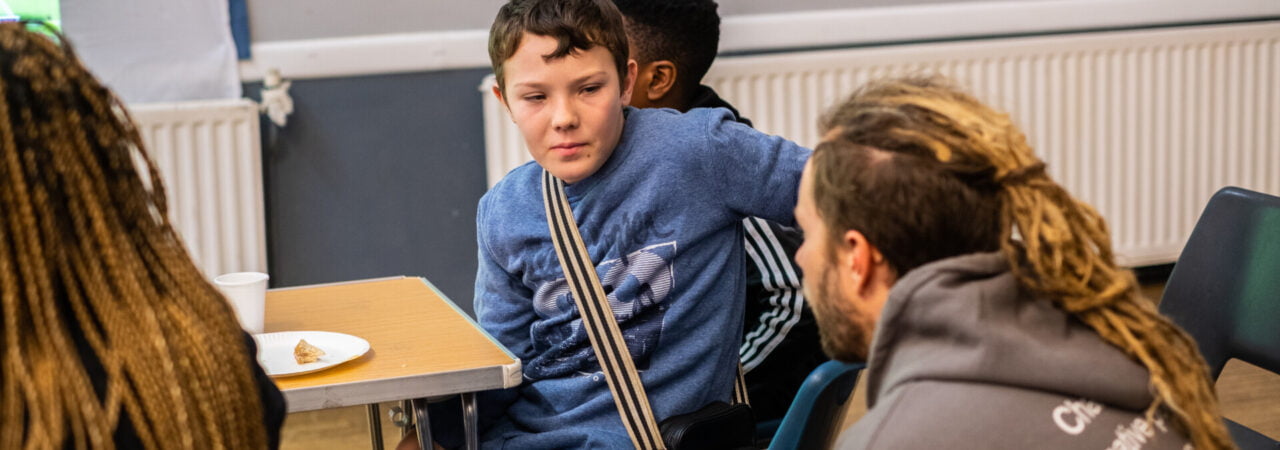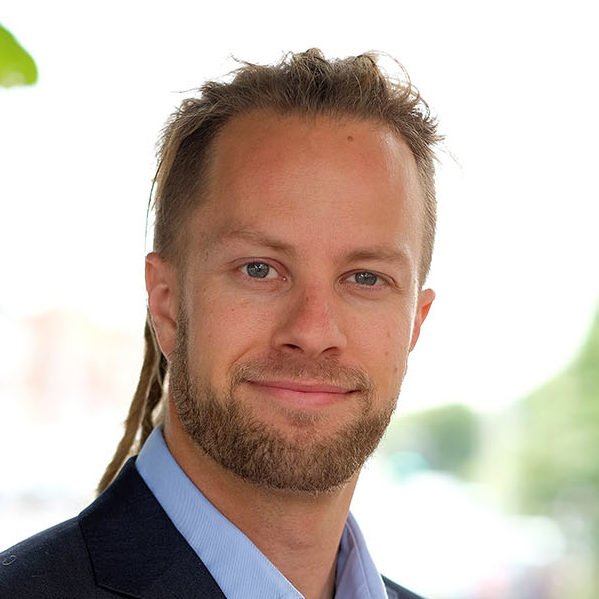As the CEO of a local support charity, I often ponder whether we’re genuinely hearing the voices of those we aim to help.
This concern struck me recently when I attended an event at the House of Commons designed to foster dialogue between young people and the decision-makers who shape their lives in the UK.
While many young people were passionately voicing their concerns about issues like education, youth violence, and the cost-of-living crisis, only two MPs actually showed up to listen to them (and one of those left halfway through).
When people talk, listen completely. Most people never listen.
Ernest Hemingway
This experience reminded me of a conversation I had many years ago with one of our Youth Development Workers (YDW).
I had suggested introducing water sports as a new activity for our programmes. The YDW dismissed the idea, claiming young people don’t like water. I didn’t push it further at the time, but we eventually ended up trying water-based activities anyway and they ended up being a hit.
The YDW had projected their own dislike for water sports onto the young people, assuming their personal experience was universal. And this meant the young people didn’t even get the chance to experience water activities until the YDW’s position could be changed.
Despite already having mechanisms in place for collaborative programmes, biases like this can slip through the cracks if you’re not careful. Simply ticking boxes isn’t enough—understanding is key.
I learned to have the patience to listen when people put forward their views, even if I think those views are wrong. You can’t reach a just decision in a dispute unless you listen to both sides.
Nelson Mandela
Adults often think they know what’s best for young people without actually asking them. We make decisions based on our own experiences and forget the unique challenges young people face today. Although they might have better health and education than before, they also deal with different, tough issues.
In 2024, young people face bigger challenges than previous generations. They need support for their wellbeing, education, and care from trained experts. With a shortage of youth workers and volunteers in the UK, it’s more important than ever to listen to young people and make sure they get the help they need.
There's a lot of difference between listening and hearing.
G.K. Chesterton
Given these evolving challenges, how can we ensure young people’s voices are heard? An organisation called Education Northwest in Portland, USA, offers some guidance with four key principles:
- Become aware of adultism (bias against young people).
- Recognise that young people often know what they need.
- Ask for young people’s input.
- Provide youth leadership opportunities.
At LifeLine Projects, while we adhere to these principles, there’s always room for further improvement.
Traditionally, charitable organisations like ours operate within standard Monday-to-Friday schedules. However, it’s essential to question whether this aligns with the needs of the young people we serve.
We need to directly consult with them to determine if weekends or weekdays would better suit their needs and family commitments. Rather than relying on surface-level inquiries, we must seek a deeper understanding of their requirements.
This entails being open to responses that may challenge our assumptions and equipping ourselves with comprehensive information to effectively address their concerns. While young people possess insight into their desires, they may not always consider the logistical or resource implications.
For instance, in addressing staffing challenges prevalent across the industry, we need to assess whether hosting sessions outside regular hours compromises the quality of staff available. Hence, the focus should not solely be on offering out-of-hours activities, but also on providing youth workers with whom they can engage candidly and openly.
Listen with curiosity. Speak with honesty. Act with integrity. The greatest problem with communication is we don’t listen to understand. We listen to reply. When we listen with curiosity, we don’t listen with the intent to reply. We listen for what’s behind the words.
Roy T. Bennett, The Light in the Heart
Based on my experience, informal settings often facilitate more meaningful connections with young people and allow for a better understanding of their preferences. Rather than relying solely on formal structures like youth councils or surveys, genuine conversations prioritize the needs of young people over those of practitioners.
However, for this approach to succeed, practitioners must set aside personal agendas and prioritise the interests of young people.
While there’s a consensus on the importance of listening to young people, the focus should shift towards determining how best to achieve this goal. Engaging in discussions at conferences loses significance if it doesn’t translate into actionable strategies for listening to and addressing the concerns of young people effectively.
There’s a great online blog called A Little More Understanding created by Alice Hewson, a qualified journalist and youth worker—she writes about why listening to young people matters.
She says that young people want to feel listened to, understood, cared for, acknowledged, and that young people need to hear that their views are worth listening to.
From mentee to mentor
To close, I encourage you to read our spotlight this month on Kled, a former mentee who is now a part of the LifeLine team as a Junior Youth Development Worker. Kled dreams of building a family, owning a home, and making meaningful contributions to his community. His journey illustrates the power of actively listening to young people.
By truly listening and responding to young people, we support their growth and create a generation capable of driving positive change. It benefits them and is essential for the future of our society.



